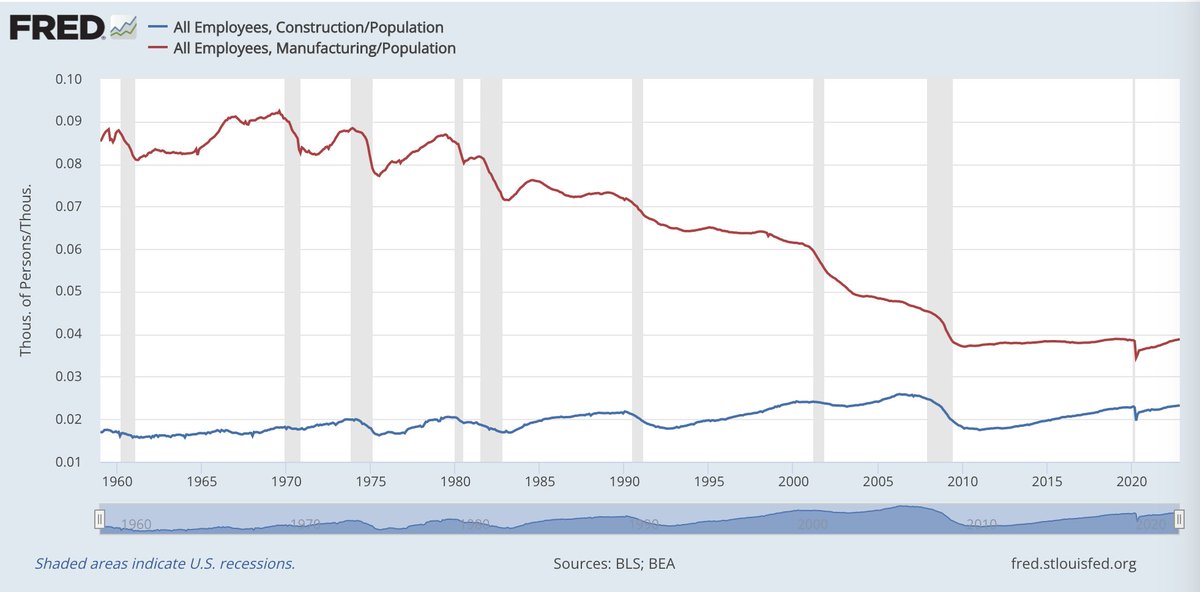Some bad news today, as the @CFTC (@CFTCquintenz) has shut down polymarket. While I think it is perfectly reasonable that prediction markets should register with the government, I think this case was in fact against the public interest. bloomberg.com/news/articles/…
The first is the randomness. Dodgy offshore bookies, such as MyBookie and GT Bets, and other sites like Augur have long existed and taken equivalent bets to what Polymarket has offered. The CFTC has done nothing to any of these sites. Why did they act for this new site?
The CFTC of course has finite resources. Why not go after the most egregious sites, like MyBookie, affectionately called "MyCrookie" in the gambling community, or 1,000s of similar ones, that don't have markets in the public interest, but instead go after the only one that does?
The reason is likely that Kalshi paid a lot of money to corporate lawyers with a good relationship with CFTC commissioners to get approval after nearly 3 years!, and these same corporate lawyers likely used their influence to then enforce their monopoly vs. polymarket.
So, even though the predictions involved in polymarket are much more in the public interest than the MyCrookies of the world, it looks like b/c polymarket was perceived to compete more directly with Kalshi, the CFTC went after them to preserve Kalshi's monopoly.
The @CFTC in fact has no system in place to register a prediction market in a reasonable, timely manner. I know of a startup that has waited over six months for a FOIA request for prior applications, a first step to an application. @CFTCquintenz
Of course, one can pay millions of dollars to hire @CFTC-connected lawyers, and go through a years long process, but I think it's not quite clear if this is in the public interest, or just a shakedown by a different name.
Also, polymarket did provide policy relevant information about the future. Two weeks ago one could have looked to know that a massive omicron wave would hit even before Christmas in the US. Closing Polymarket is not in the public interest.
Behind this all is the question of why gambling needs to be so tightly regulated in the first place. In most places, the way gambling regulation works is that firms pay a very large fee for a gaming license.
The fee is then nice revenue for the government, but it also has another effect. It greatly reduces competition and creates oligopoly profits. One can imagine gambling companies themselves lobby for the large fees. Thus quite unlikely to really serve any public interest.
Here's an example of an event contract offered by MyBookie, one they have been offering to Americans for decades with no pushback at all from the @CFTC. 

• • •
Missing some Tweet in this thread? You can try to
force a refresh






